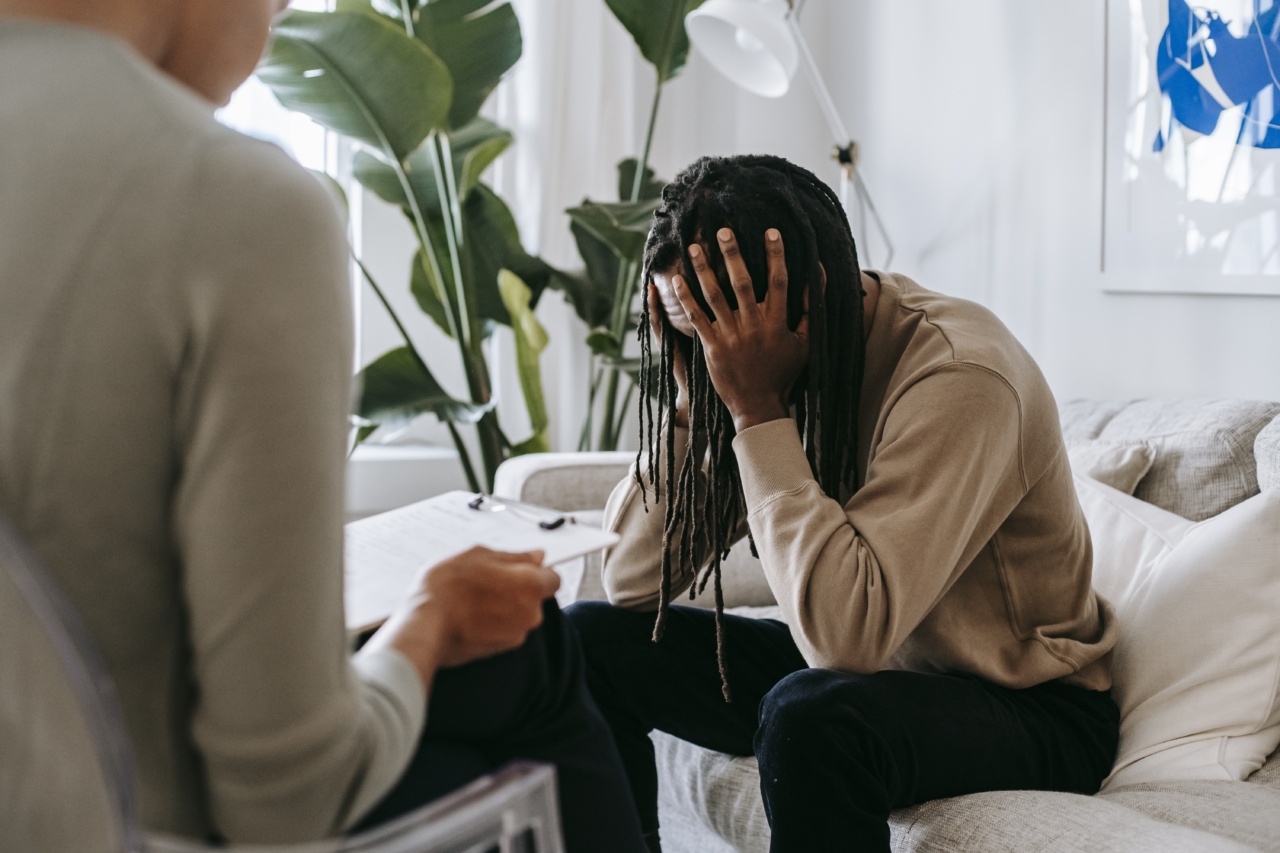Anxiety is a common mental health condition that affects millions of people worldwide. It can manifest in various ways, such as constant worrying, restlessness, irritability, or panic attacks.
While it is normal to experience anxiety in certain situations, when it becomes chronic and interferes with your daily life, it can leave a lasting mark on your overall well-being. Fortunately, there are several solutions you can try to manage and alleviate anxiety symptoms. In this article, we will explore six effective strategies that can help you regain control over your mental health.
1. Therapeutic Techniques: Cognitive Behavioral Therapy (CBT)
Cognitive Behavioral Therapy (CBT) is a widely recognized therapeutic technique that has proven to be highly effective in treating anxiety disorders.
CBT focuses on identifying and altering the negative thought patterns and behaviors associated with anxiety. Through therapy sessions, you can learn how to challenge and reframe your anxious thoughts, develop coping mechanisms, and implement positive behavioral changes.
CBT equips you with valuable tools to better navigate anxiety-inducing situations and achieve long-term relief.
2. Mindfulness and Meditation
Mindfulness and meditation techniques offer powerful ways to manage anxiety and train your mind to stay present in the moment. These practices involve focusing your attention on the present rather than worrying about the past or future.
Regular meditation can help calm racing thoughts, reduce stress, and improve emotional well-being.
To incorporate mindfulness into your daily routine, set aside a few minutes each day to sit quietly and focus on your breath. If your mind begins to wander, gently bring your attention back to your breath without judging yourself.
Over time, this simple practice can enhance your ability to manage anxious thoughts and promote a sense of calm.
3. Regular Exercise and Physical Activity
Engaging in regular physical activity is a natural way to reduce anxiety symptoms. Exercise releases endorphins, the “feel-good” hormones, which can boost your mood and improve overall mental well-being.
Additionally, physical activity helps to burn off excess energy and tension that often accompanies anxiety.
Find a form of exercise that you enjoy, whether it’s going for a walk, practicing yoga, or joining a sports club.
Aim for at least 30 minutes of moderate-intensity exercise most days of the week, and gradually increase the duration or intensity as your fitness level improves. Not only will exercise benefit your physical health, but it will also provide a positive outlet for stress and anxiety.
4. Healthy Lifestyle Habits
Adopting a healthy lifestyle can significantly impact your anxiety levels. Ensure you are getting enough sleep each night, as lack of sleep can exacerbate anxiety symptoms.
Establish a consistent sleep schedule and practice relaxation techniques before bed to promote restful sleep.
In addition, be mindful of your caffeine and alcohol consumption. Both substances can increase anxiety levels and disrupt sleep patterns. Instead, opt for herbal teas or other decaffeinated beverages and limit alcohol intake.
Eating a balanced diet is also essential for maintaining mental well-being. Include plenty of fruits, vegetables, whole grains, and lean proteins in your meals. Avoid excessive sugar and processed foods, as they can contribute to mood swings and anxiety.
Staying hydrated by drinking enough water throughout the day is equally important.
5. Support Network and Therapy
Having a strong support network is vital when facing anxiety. Surrounding yourself with caring and understanding individuals who can offer emotional support can make a significant difference.
Talk to your close friends or family members about your anxiety struggles, as sharing your feelings can help relieve some of the burden.
Professional therapy, such as individual counseling or support groups, can be an incredibly valuable resource. Trained therapists can help you explore the root causes of your anxiety and provide guidance on how to manage it effectively.
They can also teach you valuable coping mechanisms, provide a safe space for expression, and help you develop a personalized treatment plan.
6. Relaxation Techniques and Stress Management
Integrating relaxation techniques into your daily routine can help you proactively manage anxiety and stress. Deep breathing exercises, progressive muscle relaxation, or engaging in hobbies that bring you joy can all contribute to stress reduction.
Practice diaphragmatic breathing by inhaling deeply through your nose, feeling your abdomen rise, and exhaling slowly through your mouth, feeling your abdomen fall.
This simple technique triggers the body’s relaxation response, calming your nervous system.
Incorporate activities that relax and distract you from anxious thoughts—whether it’s reading a book, listening to music, taking a warm bath, or indulging in a creative outlet. Find what brings you a sense of peace and make time for it regularly.
Conclusion
Anxiety may leave a mark, but it doesn’t have to define your life.
By implementing these six solutions into your routine—therapeutic techniques like CBT, mindfulness and meditation, regular exercise, healthy lifestyle habits, building a strong support network, and embracing relaxation techniques—you can take control of your anxiety and experience a newfound sense of calm. Remember, finding what works best for you may require some trial and error. Be patient, seek professional help when needed, and give yourself grace throughout the journey. You deserve a life free from the burdens of anxiety.






























